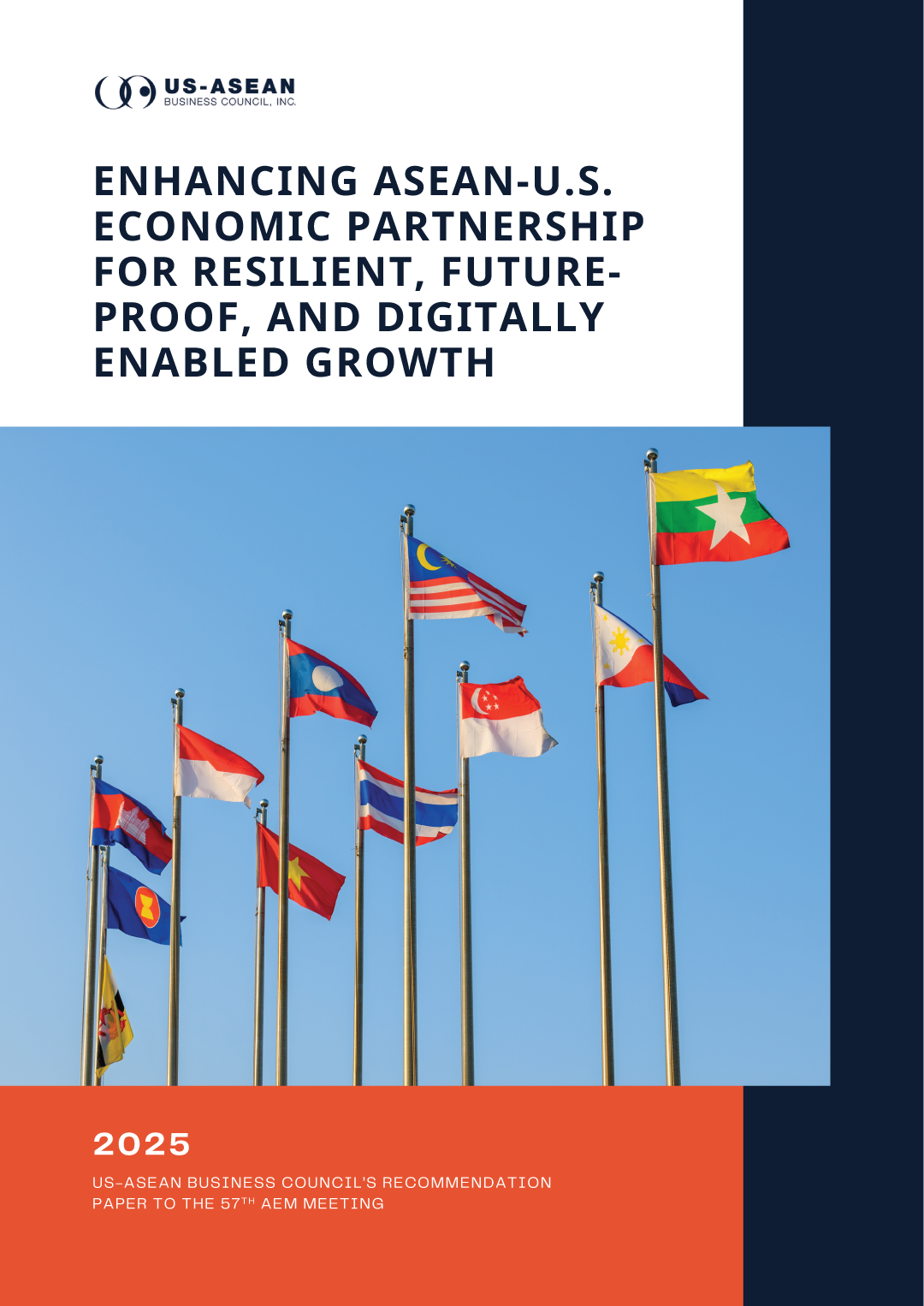Vietnam’s AI Digital Transformation

During the recent visit to the U.S., General Secretary and President To Lam shared a vision for Vietnam's digital transformation, identifying it as a key driver for the nation's future, stating, "Developing the semiconductor and AI industries is a strategic choice and a priority." Vietnam’s digital agenda is closely aligned with broader goals for sustainable economic growth and global integration.
AI has the potential to significantly boost growth across various sectors in Vietnam. The country's digital economy is projected to expand an impressive 11-fold by 2030, reaching around US$220 billion—almost half of Vietnam’s current GDP. AI is a crucial factor in realizing this forecast. This swift digital transformation, coupled with the region's readiness for AI adoption, positions Southeast Asia, including Vietnam, to reach up to US$835 billion of economic benefits from AI by 2030. Attracting investment and fostering innovation in AI will be key to achieving Vietnam’s goal of having the digital economy to contribute 30% of its GDP by 2030, up from approximately 12% in 2023, according to Google’s report"An AI Opportunity Agenda for Việt Nam."
AI-driven opportunities are expected to further boost foreign direct investment (FDI) in the country. Global tech giants are seen lining up their investments plan related to AI in Vietnam; for example, Meta has announced plans to manufacture its virtual reality headset, the Quest 3S, in Vietnam starting in 2025. Additionally, Meta plans to collaborate with Hanoi National University to create training courses on AI capabilities for students, starting in January 2025.
Vietnam is also witnessing significant growth in data infrastructure investments, driven by the rising demand for AI products and services. The development of hyperscale data centers is accelerating, with both domestic and foreign companies, including VNG Corporation, CMC Corporation, Alibaba, and Supermicro, planning new projects. The Government of Vietnam recently lifted its 49% foreign ownership cap on data centers, opening the door to full foreign investment. The country is expected to add around 100 MW of data center capacity over the next two years, up from its current 30 MW.
These efforts, along with the government's commitment to digitizing public services by 2025, under Project 06, and the ongoing widespread roll out of 5G telecommunication services, which aims for full coverage across all provinces and industrial zones with minimum download speeds of 100 Mbps by 2025, are strengthening Vietnam's position as a regional tech hub.






![Cover-[USABC-Final]-Driving-ASEAN-Unity-Malaysia's-Vision-for-2025](/sites/default/files/2025-07/Cover-%5BUSABC-Final%5D-Driving-ASEAN-Unity-Malaysia%27s-Vision-for-2025.jpg)


